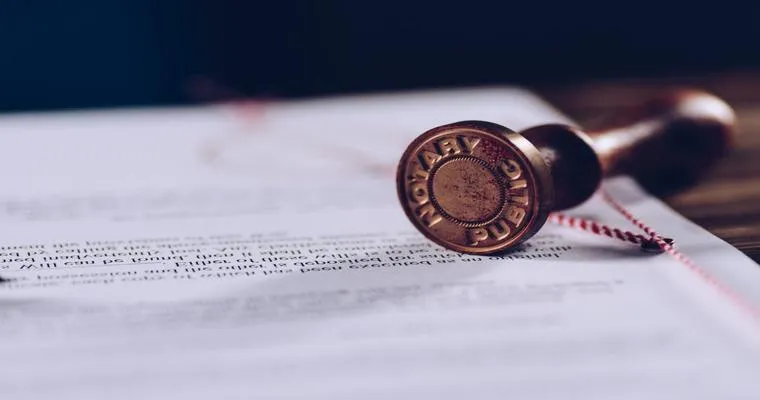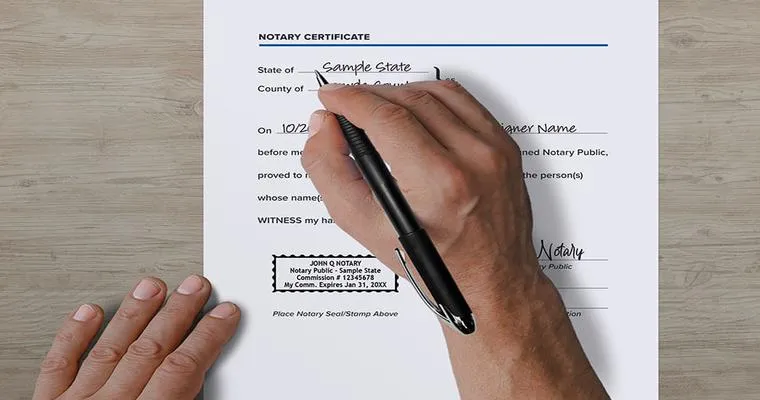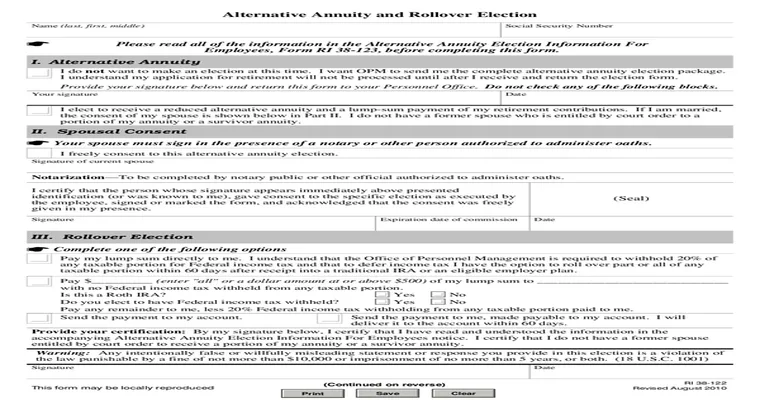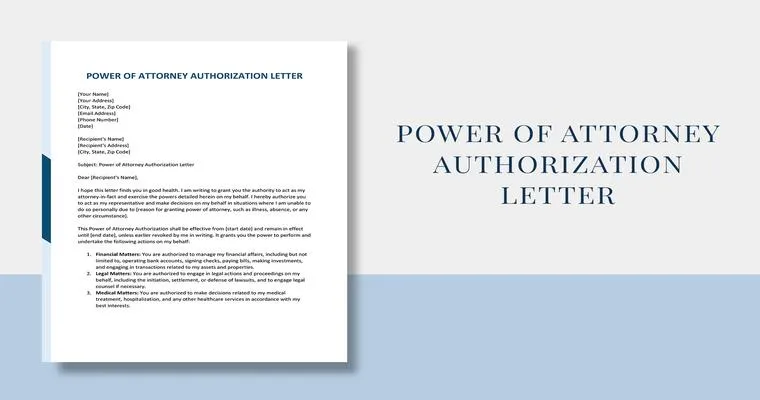When it comes to important "legal documents", the process of "getting things notarized" can often feel overwhelming. Whether you need to sign a contract, execute a power of attorney, or certify a copy of a document, understanding the role of a "notary public" and the steps involved in notarization is essential. In this article, we will explore the importance of notarization, how to find a notary, and what to expect during the process.
What is Notarization?
Notarization is a process that involves a "notary public", who is an official authorized by the state to witness the signing of documents and administer oaths. The primary purpose of notarization is to prevent fraud and ensure that the individuals signing the document are who they claim to be. When a document is notarized, the notary affixes their seal and signature, confirming that they have verified the identities of the signers and that the signatures were made willingly.
Why is Notarization Important?
Notarization is crucial for several reasons:
1. "Legal Validation": A notarized document often holds more weight in legal situations, as it provides proof that the document was signed in the presence of a neutral third party.
2. "Fraud Prevention": Notaries help prevent fraud by verifying the identity of signers and ensuring that they are not under duress when signing.
3. "Increased Credibility": Many institutions, such as banks or government agencies, require notarized documents to ensure their authenticity.
How to Find a Notary Public
Finding a "notary public" is easier than ever. Here are a few methods to locate one:
1. "Online Searches": Many websites allow you to search for notaries in your area. Just type "notary public near me" into your favorite search engine to find local options.
2. "Banks and Credit Unions": Most banks offer notary services to their customers, often at no charge. It's a good idea to call ahead to confirm availability.
3. "Libraries and Post Offices": Many public libraries and post offices have notaries on staff or can direct you to nearby notary services.
4. "Mobile Notary Services": If you cannot travel, consider hiring a "mobile notary" who can come to your location for added convenience.
What to Expect During the Notarization Process
When you arrive at the notary's office or meet the mobile notary, here’s what to expect:
1. "Identification": Be prepared to present valid identification, such as a driver's license or passport. The notary needs to verify your identity.
2. "Document Review": The notary will review the document to ensure it is complete and ready for signature.
3. "Signatures": You will sign the document in the presence of the notary. If there are multiple signers, each person must sign in front of the notary.
4. "Notary Seal": After witnessing the signatures, the notary will complete their part by affixing their seal and signing the document.
5. "Payment": Notaries may charge a fee for their services, so be sure to ask about any costs upfront.
Conclusion
In summary, "getting things notarized" is a straightforward process that adds an essential layer of authenticity to your "legal documents". By understanding the importance of notarization and knowing how to find a notary public, you can ensure that your documents are valid and legally binding. Whether you need a one-time notarization or ongoing services, being informed will help you navigate the process with ease.





